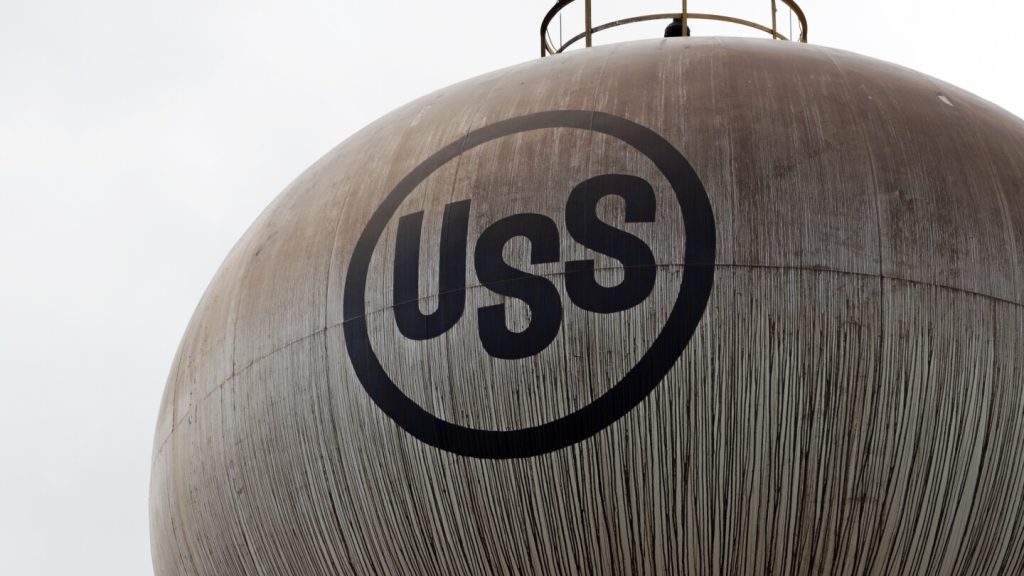Nippon Steel Corp. has increased its capital commitment by over $1 billion to spend on U.S. Steel’s plants in Pennsylvania and Indiana, as part of its nearly $15 billion acquisition of the American steelmaker. The $1.3 billion commitment to upgrade facilities on top of the initial $1.4 billion pledge was lauded by U.S. Steel’s president and CEO, David Burritt, while the United Steelworkers dismissed it as “lip service.”
The commitments from Nippon Steel include at least $1 billion to upgrade the hot strip mill at the Irvin Plant in Pennsylvania’s Mon Valley Works, and around $300 million to improve a blast furnace at Gary Works in Indiana. Burritt emphasized the importance of these investments in making U.S. Steel and the American steel industry more competitive and stronger for the future. Nippon Steel reiterated its expectation for the transaction to close in the second half of 2024, despite ongoing opposition from political and labor groups.
The United Steelworkers are against the deal, backing a bid by U.S.-based Cleveland Cliffs instead. The union filed a grievance related to the transaction, citing concerns about labor, pensions, and other contractual agreements not being consulted on. The union’s leaders expressed doubts about Nippon Steel’s commitment, citing previous broken promises by U.S. Steel, including plant closures and canceled investments. They maintain their stance on keeping U.S. Steel American-owned.
The sale has faced opposition from senior political figures across party lines, with former President Donald Trump and Democratic nominee Vice President Kamala Harris weighing in on the deal. Trump has vowed to block the acquisition, while Harris, endorsed by the Steelworkers union, has not publicly commented on it yet. Senate members from various states have also expressed concerns about the deal’s economic and national security aspects.
The Department of Justice is reviewing the acquisition for antitrust compliance, while the Committee on Foreign Investment in the United States will assess it for national security implications. The president ultimately holds the power to block the transaction based on the committee’s recommendation. The transaction has sparked a debate about the future of American manufacturing and the importance of preserving domestic steel production in the face of foreign acquisitions.
Despite the opposition from various stakeholders, including labor unions and political leaders, Nippon Steel remains committed to completing the acquisition of U.S. Steel. The additional capital commitments for plant upgrades signal a long-term investment in the future of American steelmaking and the communities that rely on it. As the deal progresses through regulatory reviews and political scrutiny, the fate of the iconic American steelmaker hangs in the balance, reflecting broader debates about protecting domestic industries and national security interests.


